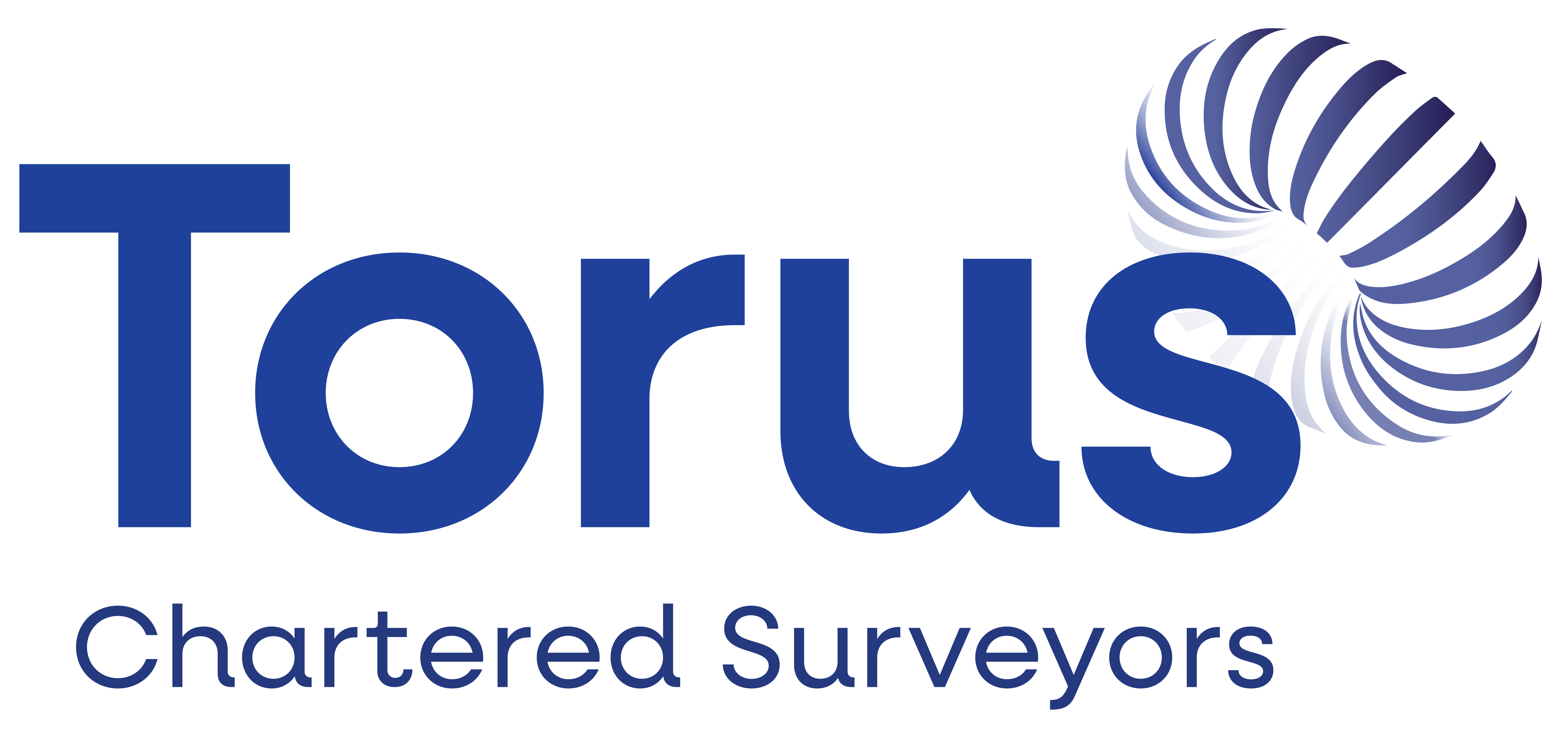Renting out a property has been a popular way to make more money, whether you’re a landlord with a portfolio of rental flats and houses, or a homeowner with a spare room suitable for a lodger.
Historically a large proportion of the rental sector has been supplied by “amateur” landlords with one – three buy to let houses. In recent years the government has removed some of the tax advantages seen by private individuals and introduced further legislation designed to improve the standards in the sector; electrical safety checks, minimum EPC standards and the Fitness for Human Habitation Act 2018 to name just a few.
As a result there has been an exodus of landlords from the sector in recent years.
Here’s our beginner’s guide on how to rent out a house, which should help to give you an initial idea of some of the questions you need to ask yourself.
Is the property mortgaged?
If the property is mortgaged you must check with the lender to ensure that they will be happy with this. Unless your mortgage is a specialist buy to let mortgage the terms of your mortgage might forbid you from taking in a lodger for the duration of your loan.
In the worst-case scenario, you could be considered to be in breach of your mortgage terms, and your lender could cancel your mortgage – so be careful.
Do you live in the property?
Are you looking to sub-let part of the property you live in (e.g. by taking in a lodger), or do you want to rent out an entire house while you live somewhere else?
The issues can be a little different – taking on a second property to rent out is a substantial commitment, compared with renting out your spare room.
Again there may be mortgage issues, as you’ll typically need a buy-to-let mortgage on a rental property if you do not live there yourself, and the costs can be higher.
What’s the rental value of your property?
It’s a good idea to get an up-to-date valuation of the rental property before you put it on the market, so that you have a clear indication of where it sits in the market.
While it’s routine to have a property valued before selling or buying it, an RICS rental valuation means you can calculate the rental yield you’ll get when you take on new tenants.
To cover costs and make a profit, it’s normal to seek a rental yield of about 5-7%, although in areas of high demand, or for specific properties in scarce supply, you might reasonably seek a higher yield.
Lettings agents and lettings management
An easy way to rent out a property is to let a professional lettings agent or lettings management agency find a tenant and organise all the paperwork.
If you don’t want to be a phone call away for your tenants, consider working with a full-service lettings management agency, who should handle any repairs and emergencies for an additional fee.
This will eat into your yield slightly, but it can mean a much quieter life.
Buildings and contents insurance
Last but not least, consider comprehensive buildings and contents insurance. You can get specialist landlord insurance policies, designed to cover rental properties.
Make sure you are protected against malicious damage by unruly tenants, or theft at the end of the tenancy.
Finally, consider breakdown cover on items like the boiler, as well as any major kitchen appliances you provide, so you don’t have to cover the full cost of replacement out of pocket if they stop working at short notice.
Get a rental valuation
If you’re looking to rent out your house, speak to the surveying experts at Torus Chartered Surveyors in Altrincham where one of our registered RICS valuers can provide an expert home valuation for your property.
Please contact us on 0161 929 7892, email at info@house-survey.co.uk or request an instant quotation by completing the form on our website.

